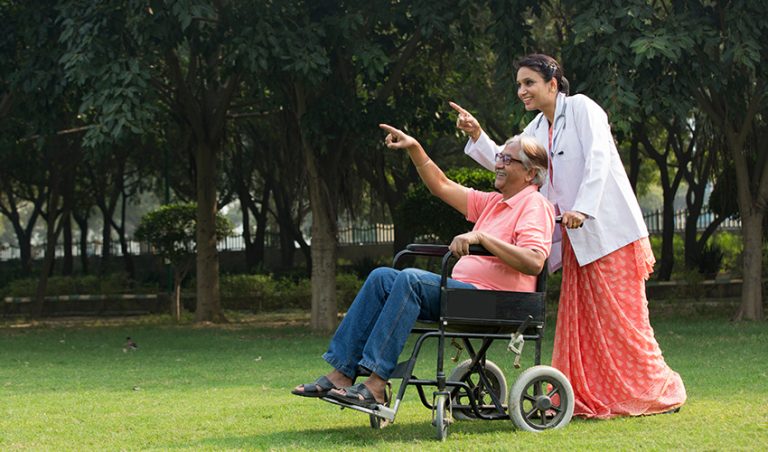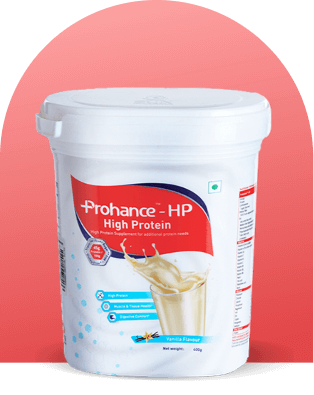
Surgical procedures, while they are usually avoided as much as possible, are more common than we realise. For example, 1.5 million surgeries were performed in the US in 2019. Worldwide the number of surgeries performed every year may cross several hundred million. If you are scheduled for surgery, these figures should give you hope and confidence. It’s an important event in your medical history, and you should be prepared for it both physically and psychologically.
Once your surgery is complete, you need to take proper post-operative care for an early and smooth recovery. In this blog, we are going to discuss a few important post-surgery precautions that will set you on the path to recovery.
The initial few days are critical for a patient recovering from surgery. During this period, their condition can change dramatically depending on the severity of the ailment and the success of the surgery. The doctor’s advice must be followed with all sincerity. Apart from the doctor, nurses and other medical staff also play an important role in the treatment process. A patient should never ignore their advice and instructions.
A follow-up appointment with the doctor is an important step in the patient’s recovery after the surgery. During these meet-ups, the doctor reviews the recovery progress, gives fresh advice, changes the medicine, or adds new ones. The follow-up appointment with the doctor shouldn’t be neglected and must be adhered to.
The surgery leaves a medically stitched incision that needs time to heal. During this period, an infection is more likely to develop in this region. The infection can result in complications and delays in recovery. Given this, making sure that you don’t do anything that can cause an infection is an important precaution you must take at all times. For example, before touching the incision area, you should wash your hands with soap and dry them with a towel. You should follow the advice of medical practitioners involved in your treatment when it comes to bandages or dressing of the stitches.
As you are recovering from surgery, you should watch for any abnormal development in the incision area. Has its color changed, or is there any pain? Is there a scabbing on the incision? In most cases, the scabbing helps with the healing of an incision. Nevertheless, you should watch the developments carefully and tell the medical staff if you notice anything out of the ordinary. It may help identify a potentially worrying situation well in time.
In the initial few days post-surgery, the intake of food and water is limited. Then, you may feel a low or zero appetite. However, you should follow your doctor’s advice. If he advises you to take normal food, then you should try to drink and eat properly. It will keep your body hydrated and energised. Getting back to normal food after surgery is an important milestone in the recovery process. So, let this happen as soon as possible.
When you cough and sneeze, there is added pressure on some parts of the body. Make sure you cough or sneeze mildly and be conscious of the surgical incision so as to not hurt it.
You may be expected to keep the incision area clean, apply ointment, change the bandage and so on. Your doctor will tell you what you need to do in this regard. Learn the right way to take care of the incision and follow it correctly to speed up the recovery
During the initial stages of post-operative care, your condition may warrant you to rush to the emergency room. Are you ready for quick action when such a situation emerges? For example, if the wound gets opened or displaced, you may face difficulty in breathing or shortness of breath, feel chest pain, etc. In such scenarios, you should reach the emergency room as soon as possible for immediate treatment.
Surgery is a routine process for many ailments. Recovery from surgery is also normal and eventless in most cases. However, you must pay attention to some do’s and don’ts that we have discussed in this post for a speedy recovery.
Nutrition is also important in post-operative care. While it may be difficult to consume a wholesome and well-balanced meal, substituting it with protein supplements can help you along the way. Prohance’s wide range of high protein powder and sugar-free protein powder is sure to give you the strength needed to boost your recovery.
Disclaimer: This blog/publication/editorial/article is meant for awareness / educational purposes and does not constitute or imply an endorsement, sponsorship, or recommendation of any Products. Please consult your doctor/healthcare practitioner before starting any diet, medication, or exercise
